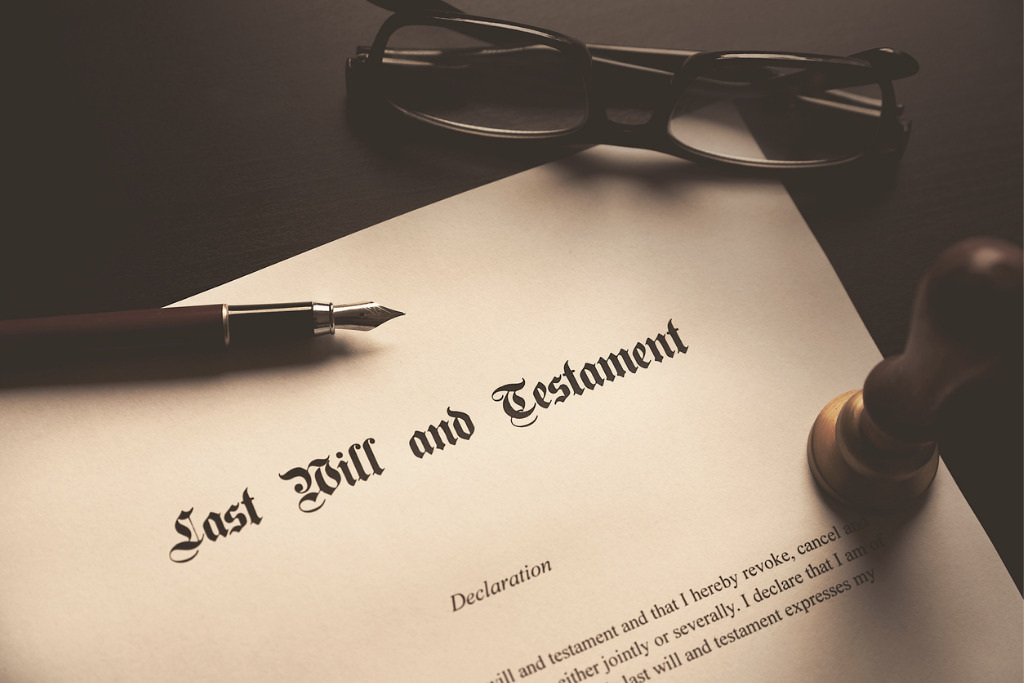Writing a Will Is an Act of Love
September 23, 2019 E. John McKee
Taking small steps now to write a will can lead to peace of mind and financial well-being.
Many reasons cause people to avoid and delay estate planning, as evidenced by a majority (58 percent) of American adults not having a will. The No. 1 reason is simply not getting around to it, pointing to the low sense of urgency estate planning is for most people. However, everyone knows someone who has died prematurely and unexpectedly. Of the four people I have lost closest to me, only one of them (my grandfather) lived to be a senior citizen. My father died in a plane crash, and two close friends died suddenly of natural causes, one at 36 and the other at 57. None of those three woke up that morning thinking it would be their last day.
Having a will and estate plans in place is not just important for practical and legal reasons, it also is an act of love toward your family and those you leave behind. When someone dies without a will, chaos and hard feelings are often heaped on top of the loss and emotional suffering caused by the death. Most people realize this on a rational level, but lack of information and lack of urgency combine so that a majority of American adults are unprepared for an untimely and unplanned demise.
When someone dies without a will, the family has no choice but to follow the formula laid out by the state for distributing estates for intestate persons. Not only would a court appoint the person who settles the estate and applies the state formula for asset distribution, the court also would decide who gets custody of any minor children when there’s no signed will naming a guardian.
When we hear news of someone like Prince dying without a will, it’s easy to shake our heads and say, “For someone that rich …” -- but Prince faced the same emotional barriers as the rest of us. Plus, one might argue it is even more important for normal-sized estates to have an orderly plan because they have more to lose to legal costs that might eat into or eliminate any family inheritance.
How expensive is it to write a will? Information is free, and so might be legal services if you meet certain income guidelines. Every county in the state has a legal aid bureau where one can get started, with some offering free legal services and others coordinating education and pro bono efforts with organizations like Senior Legal Services and Maryland Volunteer Lawyers Service. If you find you don’t qualify for free legal services, you can contact a few lawyers to inquire about their process and costs for estate planning, using the public directory of the Baltimore Estate Planning Council. National Estate Planning Awareness Week is Oct. 21-25.
We would rather not think of writing wills because of the implications of why they are needed and because the process seems too long, unpleasant, and costly. The problem is that by the time you know you need a will, you will be out of time to write one. As with other daunting and complex tasks, estate planning can be broken down into small steps, with the first step being information. With preliminary information about what you need to consider and where to get assistance writing a will, you can start to think about life after your life. Time taken to write and execute a will delivers immediate payoff: peace of mind for yourself (and your family, if they realize it) and financial order and wellness for those you leave behind.
E. John McKee is assistant vice president for planned giving and administration at the University of Maryland, Baltimore.
Disclaimer: Elm Voices & Opinions articles reflect the thoughts or opinions of their individual authors, and may not represent the thoughts or values of UMB as an institution.